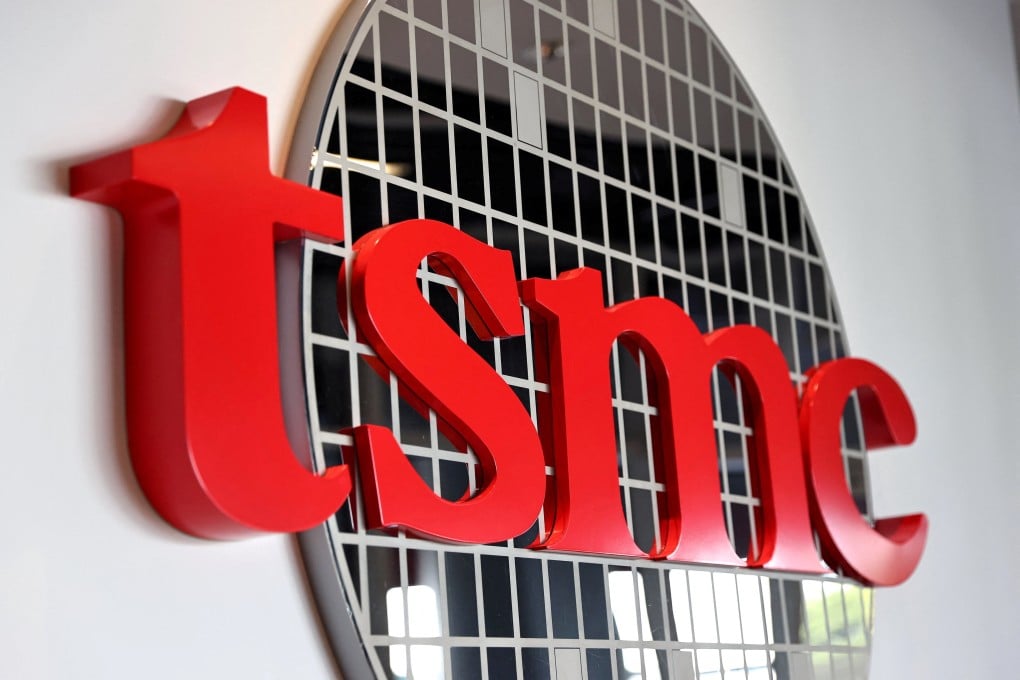Philippines’ chip industry group courts TSMC, UMC in bid to move up value chain
‘Send us your depreciated equipment, and … we’ll train the Filipino workers that you can deploy in your global operations,’ the head of the group said

“What I am hoping is that TSMC or UMC or some other company aspiring for wafer fabs overseas is to consider: send us your depreciated equipment, and in exchange, we’ll train the Filipino workers that you can deploy in your global operations,” Lachica said.
The country of more than 100 million people trails neighbours such as Malaysia and Singapore in the complex industry of chip manufacturing, where plants can require billions of dollars in initial investment. Taiwan is the world leader, and its companies including TSMC are expanding overseas to alleviate potential risks related to tensions between the island and the Chinese government.
TSMC representatives didn’t respond to a request for comment. “It is UMC’s policy not to comment on market speculation,” a UMC spokesperson said in an email.
The Philippines is betting that its low costs and ample workforce could help attract manufacturers. Talent shortage is one of the main challenges for global chip makers from the US to Malaysia – the industry will need more than 1 million additional skilled workers across the world by 2030, Deloitte has estimated.